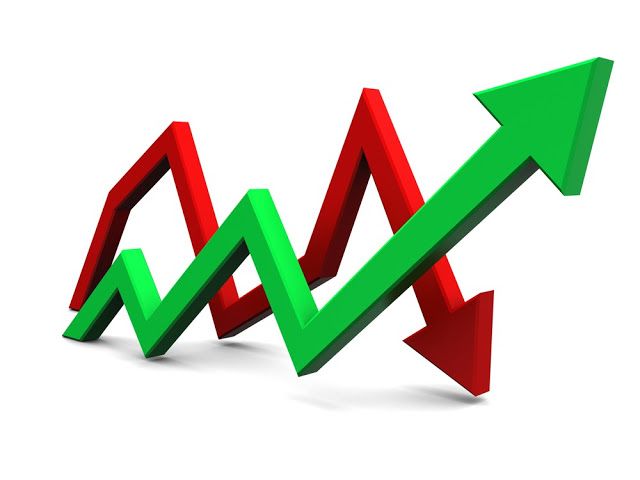The stock market has long been a source of fascination, wealth, and frustration. For decades, analysts, investors, and financial experts have tried to forecast its movements, only to be proven wrong time and time again. But why is the stock market so difficult to predict? Despite advancements in technology, data analysis, and AI, the answer lies in the complex, dynamic, and often irrational nature of the market itself.
1. Human Behavior and Emotions
At the core of the stock market are human decisions. Whether it’s fear, greed, panic, or overconfidence, emotions play a significant role in how people invest. Unlike machines, humans are prone to psychological biases—like herd mentality or loss aversion—that can drive unpredictable market movements. For instance, a single tweet or news headline can send markets soaring or crashing within minutes.
2. Global Events and Uncertainties
Unexpected events such as geopolitical conflicts, natural disasters, or pandemics can disrupt global markets overnight. These events are inherently unpredictable and often have far-reaching consequences that ripple through economies and industries. Predicting such “black swan” events is nearly impossible, yet they have immense power to change market directions.
3. Complex Economic Interactions
The stock market reflects the health of companies, industries, and entire economies. Interest rates, inflation, unemployment, GDP, and international trade—all influence investor sentiment and stock prices. However, these variables interact in complex, often nonlinear ways, making it difficult to model or forecast with certainty.
4. Speculation and Market Sentiment
Markets are not always rational. Sometimes, stocks rise or fall based on speculation rather than fundamentals. Hype around a new technology, viral stock movements (as seen with meme stocks), or herd behavior can push prices away from their intrinsic value. Speculative trends are short-lived and can reverse without warning.
5. High-Speed Trading and Algorithms
With the rise of algorithmic and high-frequency trading, market dynamics have changed dramatically. These trading systems execute millions of transactions in milliseconds, reacting to data faster than any human could. This introduces volatility and randomness that can make short-term predictions even more challenging.
6. Too Much Data, Too Many Variables
While big data and analytics have improved forecasting models, they can also create information overload. There are simply too many variables at play—some measurable, some not. Investor confidence, consumer trends, technological disruptions—many factors are qualitative and hard to quantify accurately in models.
7. The Efficient Market Hypothesis
According to the Efficient Market Hypothesis (EMH), stock prices always reflect all available information. If this is true, then it’s impossible to consistently beat the market through prediction because any new information is instantly priced in. While the EMH has its critics, it highlights the challenge of gaining an edge through forecasting.
Final Thoughts
Predicting the stock market is like trying to forecast the weather months in advance—possible in theory, but incredibly unreliable in practice. While tools, models, and experience can improve your chances, the inherent unpredictability of human behavior and global events keeps the market perpetually uncertain. For most investors, focusing on long-term goals, diversification, and risk management is a far more effective strategy than trying to time the market.

